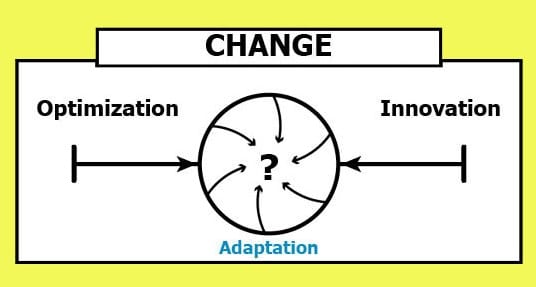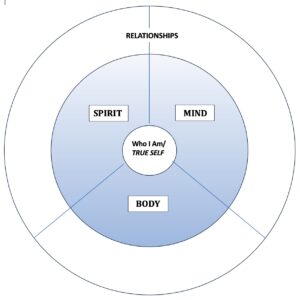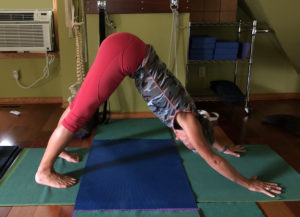For most of my professional career, I willingly set aside three to five days a year to meet with my STS-RT (Socio-technical Systems Roundtable) colleagues. The STS-RT is a “global network of business leaders, action researchers, trade unionists, academics, managers and consultants who share the principles and practices of Socio-technical Systems theory and a common interest in developing more humane and effective organizations.”
Over the past six years, this international learning community initiated a Discovery Process and a Discovery Team intent on furthering Socio-technical Systems knowledge, theory and practice. Needless to say, the learning for participants has been considerable, which is what one can expect when attempting to reinvent a 60-year old theoretical framework including its design principles and values.
You might ask, “What was the motivation for taking on such a formidable task?” Without over simplifying, this response comes to mind – “We cannot solve the problems of today with the solutions of yesterday.”
As a group of like-minded professionals, we could see the traditional socio-technical theory and toolkit, although highly effective in environments where the change cycle was 5 to 10 years, was not responsive to our current change cycle of 1 to 3 years. We recognized no amount of tweaking or continuous (incremental) improvement of STS would accommodate the pace and amount of change being experienced around the globe. This accelerated pace of change in concert with a number of other emerging challenges (for one example, see From Paradigms to Paradoxes—The MOTIVATION Continuum) required us to shift from optimizing what we already had to innovating or creating something new.
Some of you may be wondering, what is new about that? The linear shift from optimization to innovation and back again is a continual change cycle in business. I would agree with this. However, as we ventured, step-by-step, along our Discovery Process, we found that businesses dealing with today’s complexities can no longer focus only on optimization or innovation (either/or), but must attend to both at the same time (both/and).
This contradiction of opposing forces is often referred to as a duality or paradox. In time and with new learning, a paradox converges into a new way of experiencing and being in the world. As an STS-RT Discovery Team, our best guess at labeling the convergence of optimization and innovation is “adaptation” (defined as: “making something suitable for a new use or purpose”).
What is your sense of the convergence between optimization and innovation? Would you agree with adaptation or would you offer something else?





